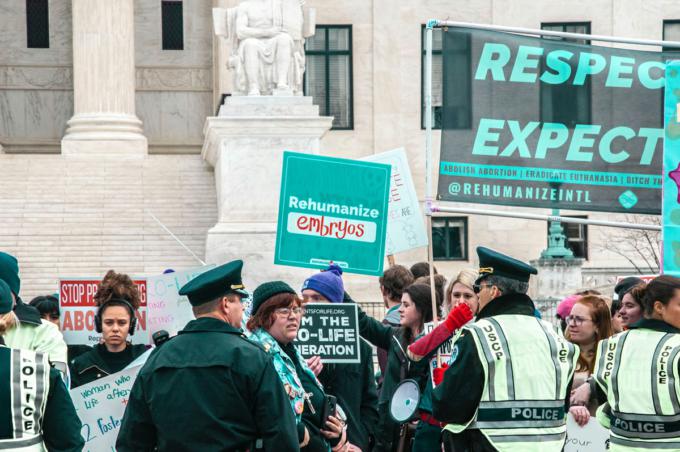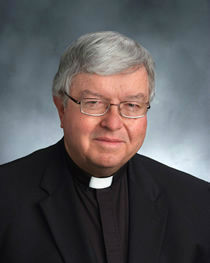
Faith
There is some encouraging news in that direction. Sanofi Pasteur, the world's largest biotech company devoted entirely to vaccines, announced recently that it is no longer using an aborted fetal cell line to produce its polio vaccine.

Doyle
Q. I have been reading about vaccines being developed that use cell lines from aborted fetuses. Can you explain to me the Catholic teaching with regard to using these cell lines? (Albany, New York)
A. Currently, the only vaccines readily available in the United States for rubella, chickenpox, and Hepatitis A have been manufactured using fetal tissue from procured abortions. Your question is a good one: What should a Catholic do if faced with this dilemma?
In 2005, the Pontifical Academy for Life spoke directly to this question, and the answer was that Catholics may make a choice. In cases where no other alternative is available, Catholics may licitly accept vaccination for themselves and their children; or they may choose to refuse it "if it can be done without causing children, and indirectly the population as a whole, to undergo significant risks to their health." (The abortions happened 50 or 60 years ago, and the present user of the vaccine played no role in that immoral decision.)
In April 2020, John Di Camillo, an ethicist with the National Catholic Bioethics Center, offered in an interview that same option. He noted that there is an obligation for researchers to avoid the use of biological material secured immorally, but he explained that, when a vaccine using fetal cell lines is the only one available, "one is allowed to make use of it where there's a serious threat to the health or life of the individual, or of the greater population." There is an obligation for Catholic leaders to voice strong concern that vaccines be harvested without threatening human life.
In April 2020, Archbishop Joseph F. Naumann of Kansas City, Kansas, chair of the U.S. Conference of Catholic Bishops Committee on Pro-Life Activities, along with several other bishops, wrote to the commissioner of the Federal Drug Administration, urging him to ensure that any vaccines developed for the coronavirus "are free of any connection to abortion."
There is some encouraging news in that direction. Sanofi Pasteur, the world's largest biotech company devoted entirely to vaccines, announced recently that it is no longer using an aborted fetal cell line to produce its polio vaccine.
Q. I am 69 years old and a new Catholic. My wife and I would like to restate our vows in a Catholic Mass. However, I was previously married 40 years ago for a short time. My first wife has passed away, but she had married again, and I don't even know her marriage name.
Our local deacon has told me that since she has died, there is no need for an annulment, but that I have to prove she is dead either by a death certificate or an obituary. But since it was so long ago, I can find neither one. I feel like I'm in a Catch-22 position. What can I do? (Covington, Louisiana)
A. Not to worry. Fortunately, the church's Code of Canon Law has already envisioned a situation such as you describe. Canon 1707 provides that the diocesan bishop can issue a declaration of presumed death, which would then free you and your new wife to repeat your marriage vows in the presence of a priest and at a Catholic Mass.
The bishop, however, could do so only after having done "appropriate investigations" and having reached "moral certitude" of the death of your first wife. That investigation would include gathering testimony from witnesses.
So, think back to how you learned about the death of your first wife -- who told you about it, where did you read it, how many people knew about it? And then try to contact witnesses -- I would think at least two, other than yourself -- who would be willing to speak to the bishop and attest to your first wife's passing.
- Father Kenneth Doyle is a columnist for Catholic News Service
Recent articles in the Faith & Family section
-
Popular devotions and the liturgyFather Robert M. O’Grady
-
The Fight for Our FaithMaureen Crowley Heil
-
The shepherd's voiceScott Hahn
-
Scripture Reflection for April 21, 2024, Fourth Sunday of EasterJem Sullivan
-
The new Temple: How Easter changes religionDr. R. Jared Staudt


















